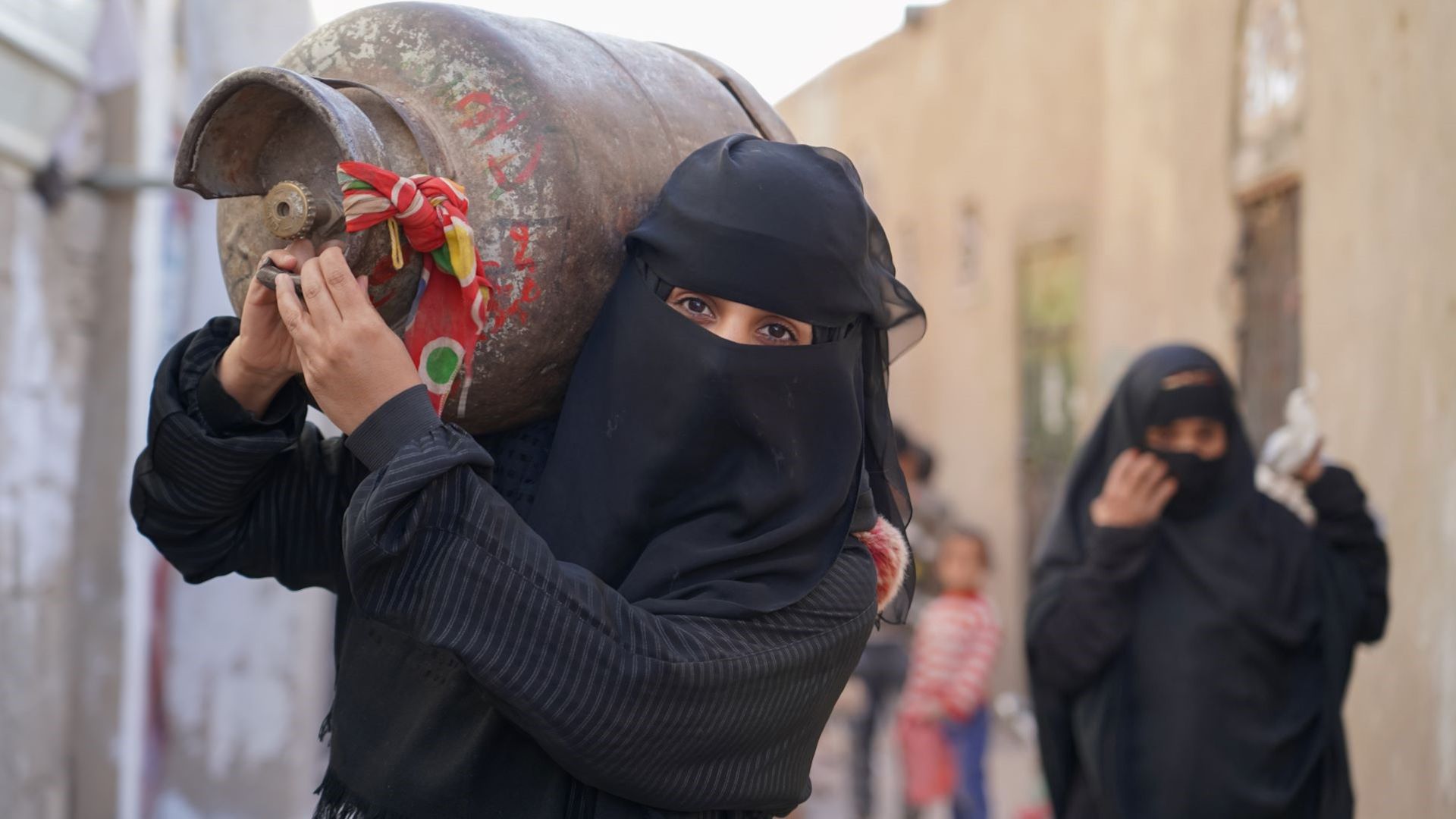Jemen
Die anhaltenden Konflikte und Naturkatastrophen haben verheerende Folgen für die Bevölkerung in einem der ärmsten Länder der Region. Die Schweiz nimmt ihre humanitäre Verantwortung wahr und richtet ihre Aktivitäten auf die Bedürfnisse und ihre spezifischen Kompetenzen in den Bereichen nachhaltige Wassernutzung und Schutz der Zivilbevölkerung aus. Zudem leistet sie einen Beitrag zur Förderung des Privatsektors und der Widerstandsfähigkeit der Bevölkerung.

Kontakt
DEZA / Europa und Mittlerer Osten
Eichenweg 5
3003 Bern
Eichenweg 5
3003 Bern

